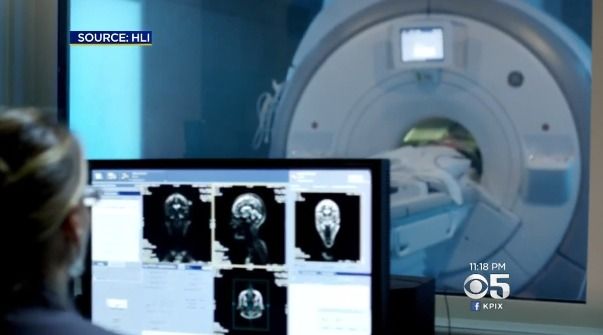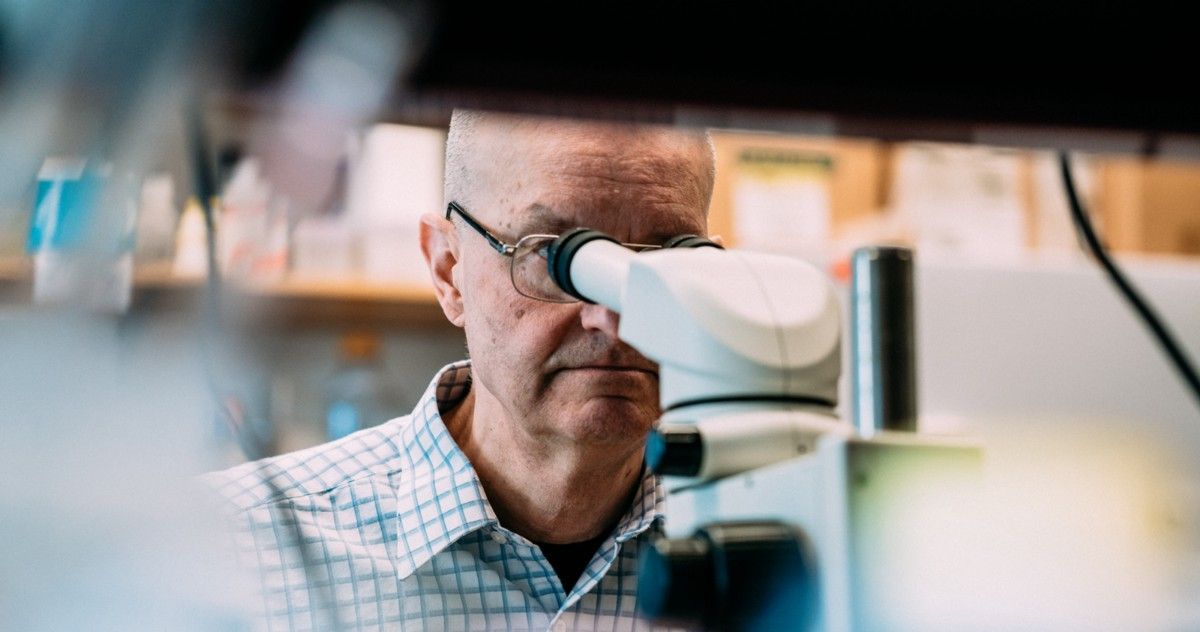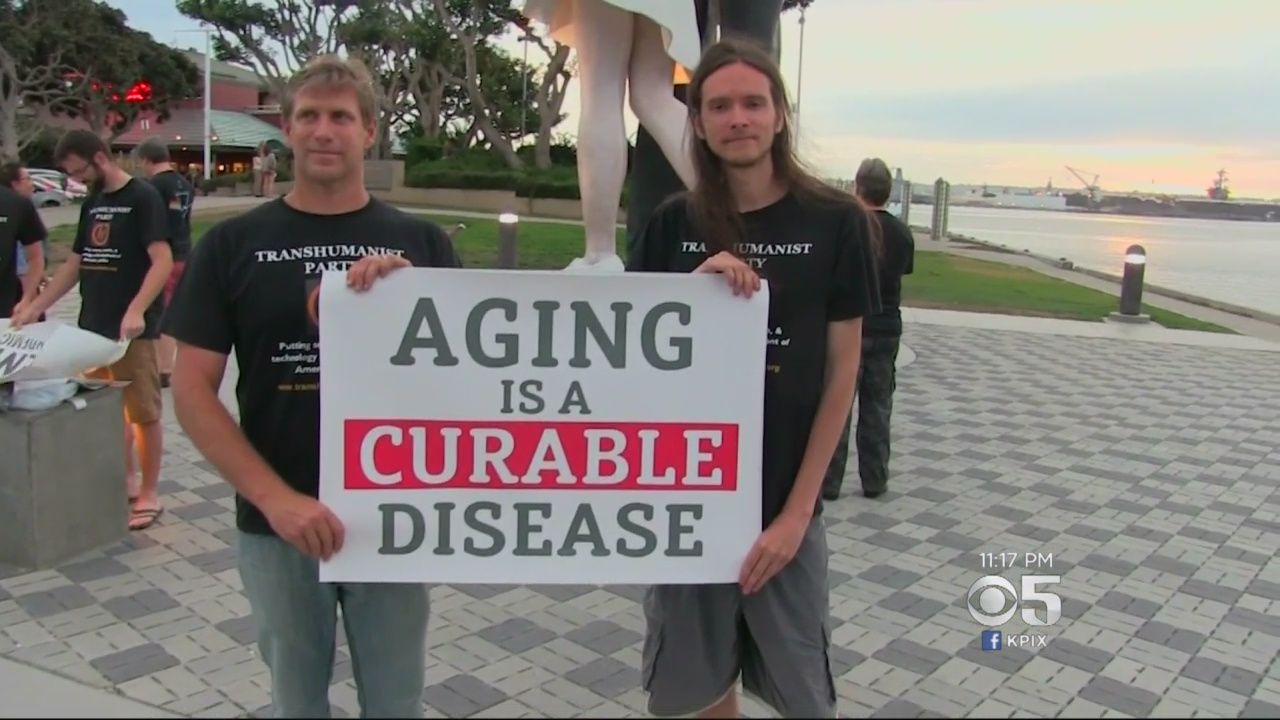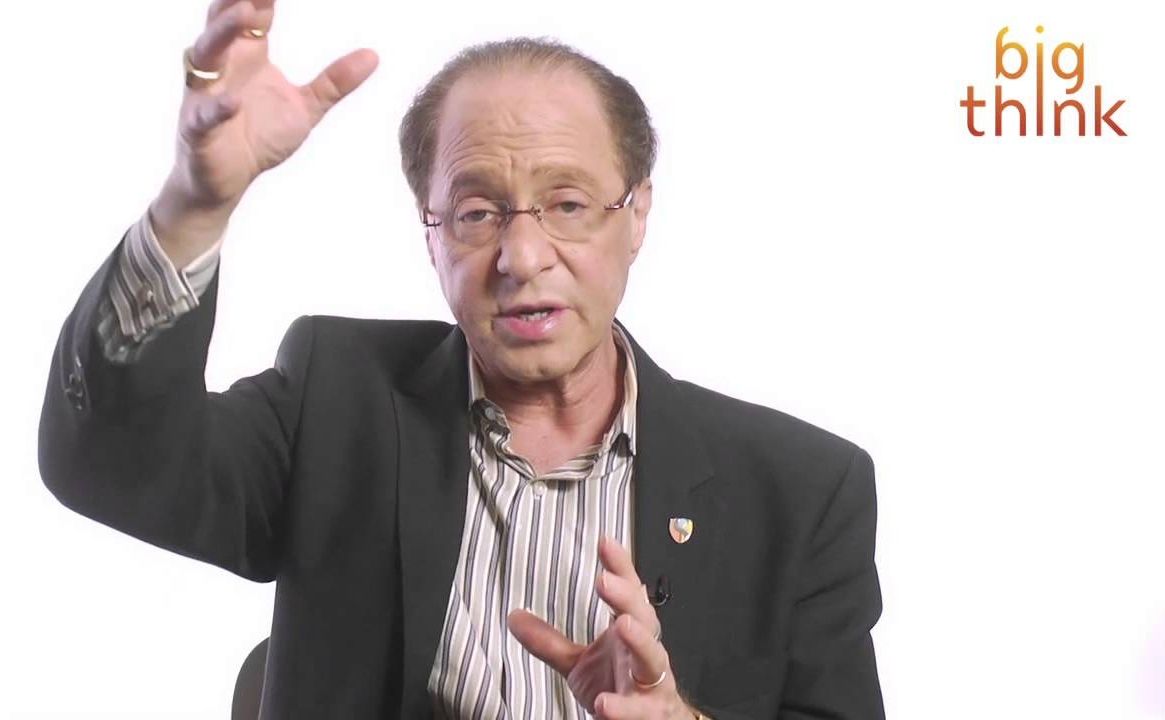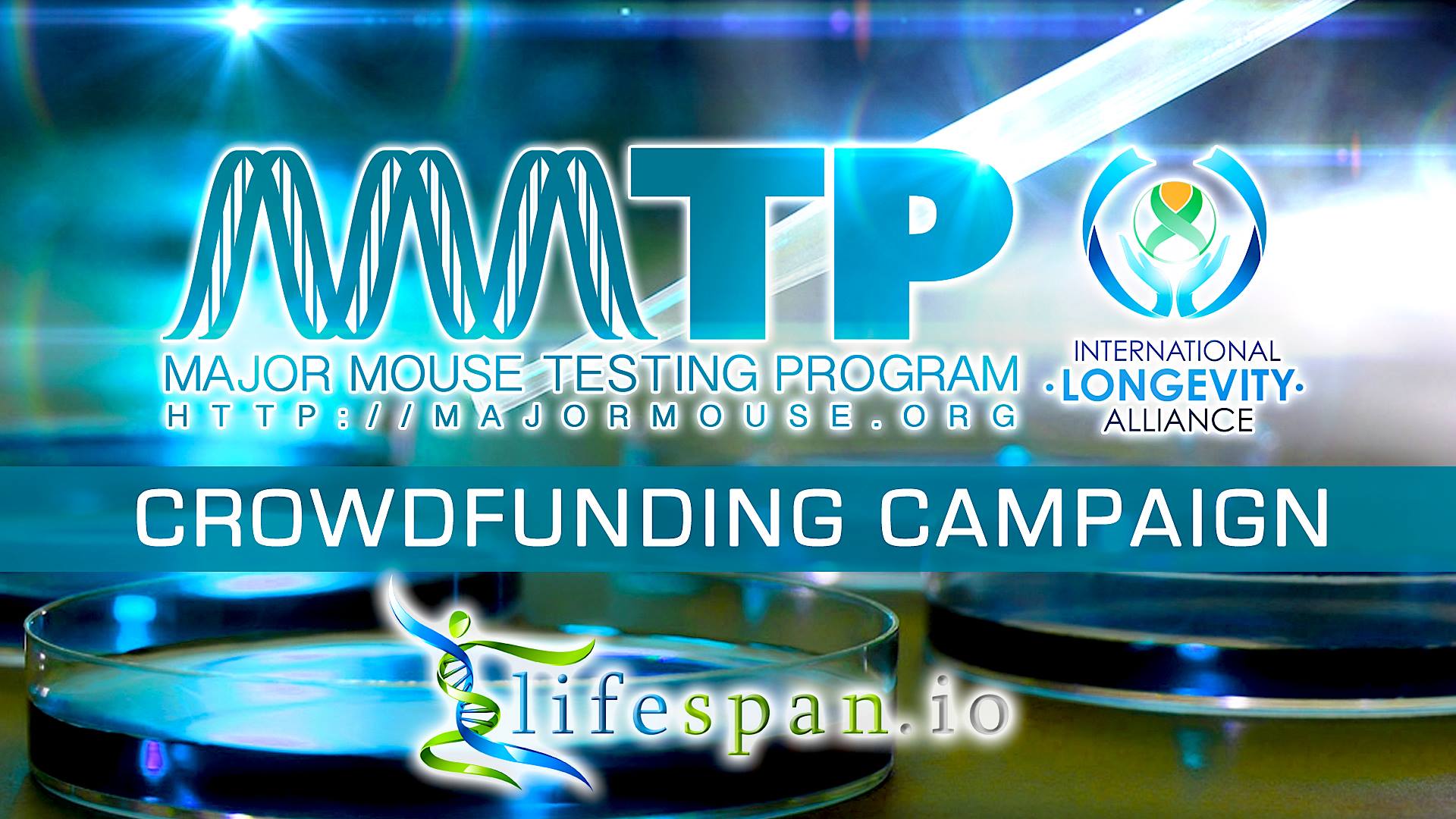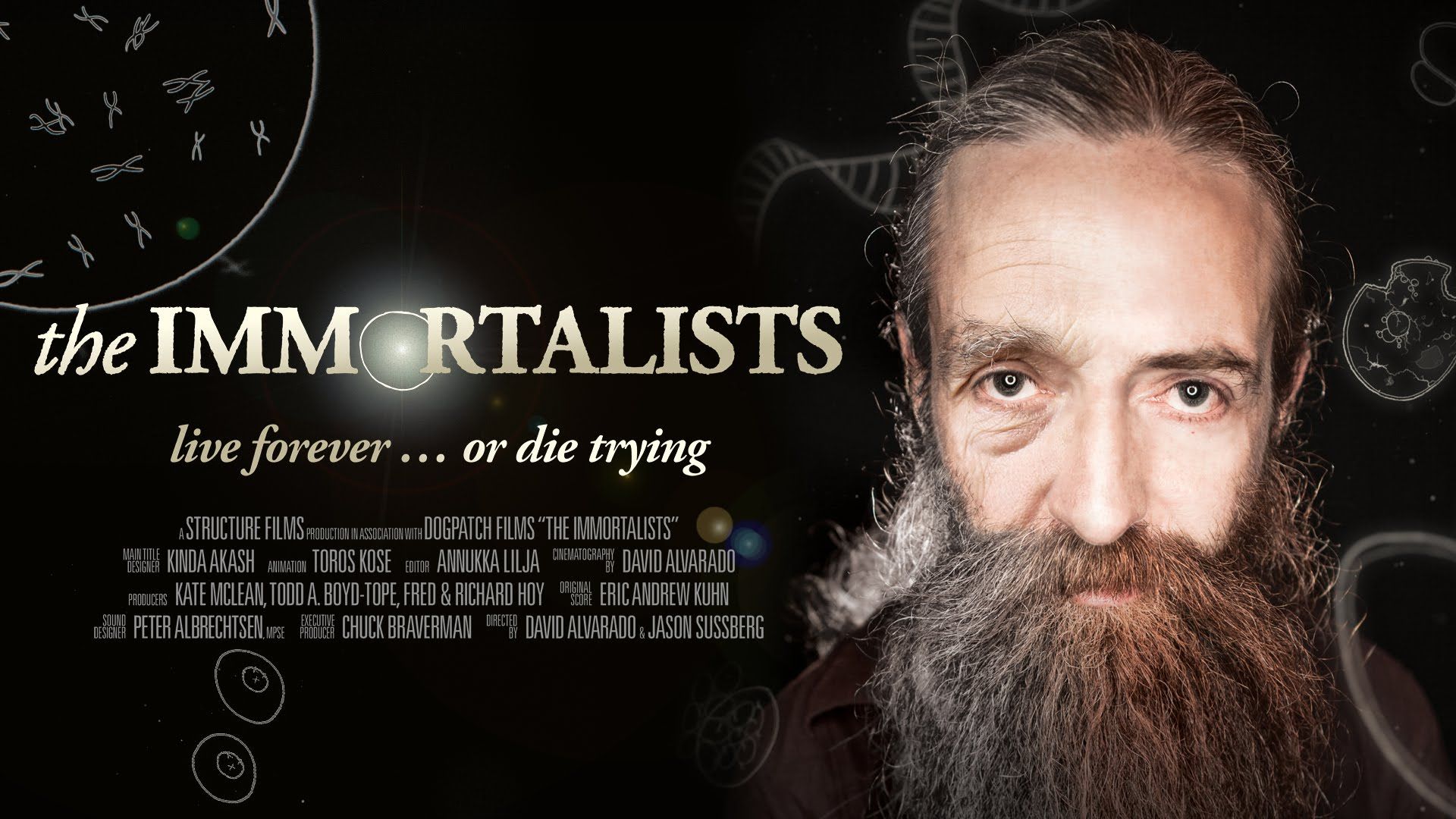https://www.youtube.com/watch?v=B-6-T_StYM8
From 2014, a docu focusing on Aubrey and Bill Andrews.
Live forever… or die trying
For downloads and more information visit: http://www.journeyman.tv/67791/documentaries/the-immortalists-hd.html
What would the world look like if humans never grew old? Two eccentric biologists are determined to find out. In this larger-than-life doc, Bill Andrews and Aubrey de Grey leave behind the journals and peer reviews of the scientific establishment to embark on a quest for the age-old secret of eternal youth. Can it be done? And is it desirable? They differ in their approach, but are united in their goal: to learn to live forever, or die trying.
Structure Films — Ref 6258
Every week Journeyman offers a brand new documentary, fresh out of the cutting room. They’re award winning documentaries, some destined for the festival circuit and some for broadcast. The one thing you can know is that here you get to see them when they’re fresh, often before they appear anywhere else. To watch them in full go to our VOD platform at http://jman.TV
Read more
